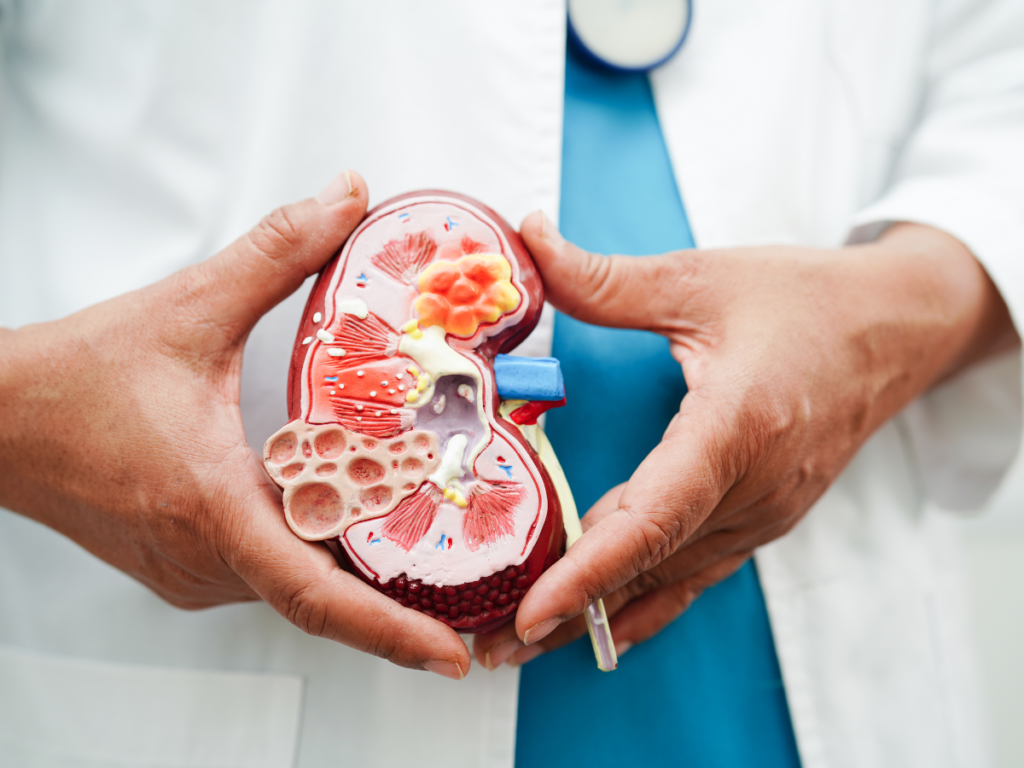Esophageal disorders are conditions that affect the esophagus, the tube that carries food and liquids from the mouth to the stomach. These conditions can cause discomfort, pain, and sometimes severe health issues if left untreated. Managing esophageal disorders requires a comprehensive approach, and the best way to ensure optimal care is by seeking help from experts in gastroenterology. At Prime Hospital, we offer specialized treatment for esophageal disorders, with a focus on delivering advanced care, personalized attention, and cutting-edge medical techniques.
Understanding Esophageal Disorders
The esophagus plays a crucial role in the digestive process by facilitating the movement of food and liquids. However, various conditions can impair this function, leading to a range of symptoms such as heartburn, difficulty swallowing, regurgitation, chest pain, and even weight loss. Some common esophageal disorders include:
- Gastroesophageal Reflux Disease (GERD): GERD is a condition in which stomach acids flow back into the esophagus, causing heartburn and irritation.
- Esophageal Spasms: This condition involves irregular contractions of the esophagus, which can result in chest pain and difficulty swallowing.
- Achalasia: Achalasia is a disorder where the esophagus fails to move food into the stomach due to improper relaxation of the lower esophageal sphincter.
- Esophageal Cancer: This is a severe condition where malignant cells grow in the esophagus, causing symptoms like difficulty swallowing and unexplained weight loss.
- Esophagitis: Inflammation of the esophagus often caused by infection, medication, or acid reflux.
Why Specialized Gastroenterology Care Matters
Esophageal disorders are often complex, and their symptoms can overlap with other conditions, making diagnosis challenging. Therefore, it’s essential to consult with gastroenterology experts who can provide accurate assessments and tailor treatment plans to suit individual needs.
At Prime Hospital, our gastroenterologists are highly trained in diagnosing and treating esophageal disorders. We use the latest diagnostic tools, such as endoscopy and manometry, to examine the esophagus and determine the most effective treatment for each patient. By understanding the root cause of the problem, we can design a treatment plan that alleviates symptoms and prevents complications.
Advanced Diagnostic Techniques
Effective management of esophageal disorders starts with a precise diagnosis. Our team at Prime Hospital uses advanced diagnostic techniques to identify the condition accurately:
- Endoscopy: A flexible tube with a camera is used to visualize the esophagus and identify inflammation, narrowing, ulcers, or tumors.
- Manometry: This test measures the pressure and movement of the esophagus, which is particularly useful in diagnosing conditions like achalasia and esophageal spasms.
- pH Monitoring: To diagnose GERD, pH monitoring measures the acidity in the esophagus, helping us determine the severity of acid reflux.
These diagnostic tools enable our specialists to identify the underlying cause of esophageal discomfort and choose the best course of action.

Treatment Options for Esophageal Disorders
Once a diagnosis is made, treatment options can range from lifestyle changes and medications to surgical interventions. At Prime Hospital, we offer a range of treatments tailored to individual patient needs:
Lifestyle Modifications: For conditions like GERD, lifestyle changes are often the first step. This may include dietary changes, weight management, quitting smoking, and elevating the head of the bed while sleeping.
Medications: Depending on the severity of the disorder, our specialists may prescribe medications such as proton pump inhibitors (PPIs) to reduce stomach acid, muscle relaxants for esophageal spasms, or anti-inflammatory drugs for esophagitis.
Endoscopic Procedures: For conditions like achalasia or esophageal strictures, we may recommend endoscopic treatments such as dilation (stretching the esophagus) or Botox injections to relieve symptoms.
Surgical Treatments: In some cases, surgical interventions such as fundoplication (for GERD) or esophagectomy (for esophageal cancer) may be necessary. Our surgeons are highly skilled in minimally invasive techniques that reduce recovery times and complications.
Cancer Treatment: If esophageal cancer is diagnosed, we offer a comprehensive treatment plan that may include surgery, chemotherapy, radiation therapy, or a combination of these options.
Why Choose Prime Hospital?
At Prime Hospital, we understand that each patient’s needs are unique, which is why we provide personalized treatment plans designed to improve quality of life and address the specific challenges posed by esophageal disorders. Our gastroenterology experts work closely with patients to ensure the most effective and least invasive treatments are used.
We are committed to providing the highest standard of care, using advanced medical technology and techniques to achieve the best outcomes. Our compassionate team of specialists is dedicated to supporting you through every stage of treatment, from diagnosis to recovery.
Conclusion
Esophageal disorders can significantly impact your daily life, but with the right care and management, it’s possible to live a healthy, comfortable life. If you’re experiencing symptoms of an esophageal disorder, don’t wait. Seek expert care at Prime Hospital to get the right diagnosis and treatment plan tailored to your needs. Trust our gastroenterology team to manage your condition and guide you towards a healthier future.
